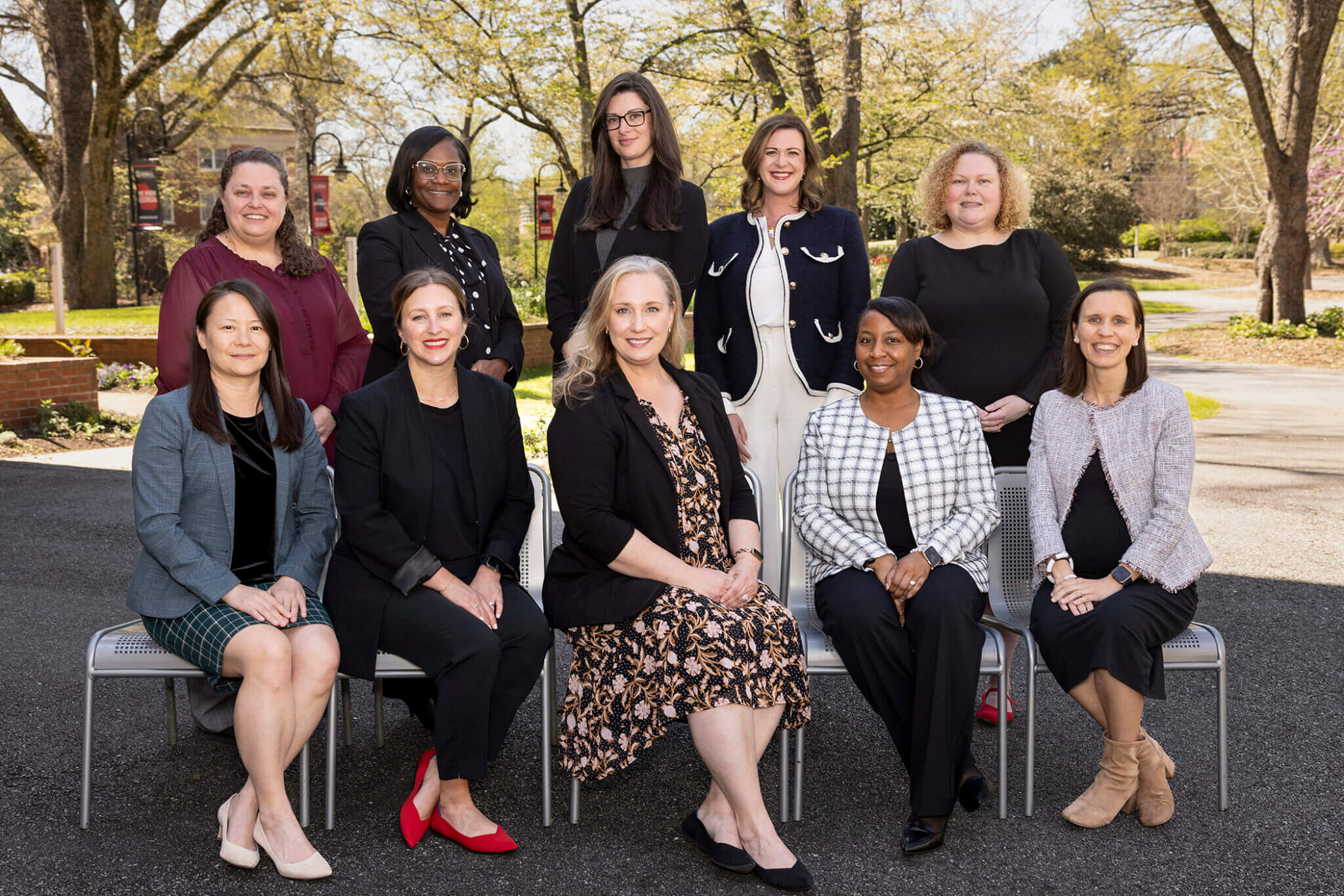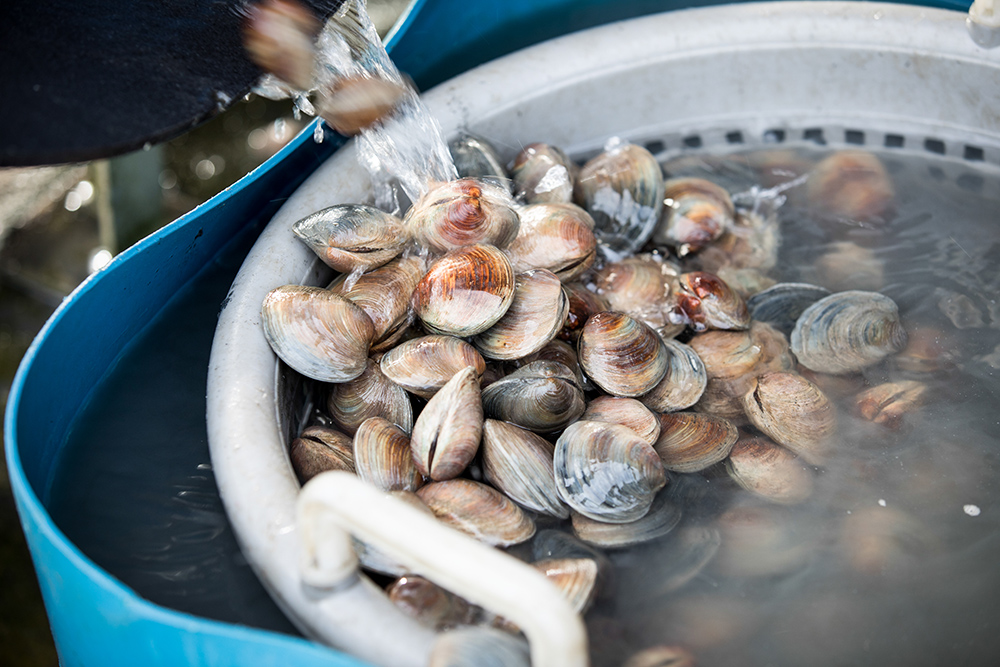University of Georgia
 When it comes to recycling, most people know the basics - sort out the plastic, paper and glass. This conventional method of recycling is used by most homeowners and is usually available through curbside programs across Georgia.
When it comes to recycling, most people know the basics - sort out the plastic, paper and glass. This conventional method of recycling is used by most homeowners and is usually available through curbside programs across Georgia.
Why not take recycling one step further by sorting out organic matter? Removing things like apple skins and used coffee grounds from household trash can reduce the amount of refuse headed to landfills and create food for plants.
Organic waste like raw vegetables scraps and grass trimmings can be recycled through composting. Composting is the process in which plant materials decompose into an earthy, dark, crumbly substance that is an excellent soil amendment.
Composting may sound intimidating, but University of Georgia experts say it’s as easy as separating your standard recyclable items. You will have to select a site for your compost bin and built a bin.
Your compost bin site should be in an out-of-the-way place, in full sun and on a well-drained site. A minimum size would be 3 feet x 3 feet x 3 feet. Large piles break down faster than smaller piles, but they are also more difficult to manage.
A compost bin can be built from a variety of materials including welded wire, fencing, pallets or blocks. Leave the bottom open to the ground and open spaces in the sides to allow air to circulate through the pile.
The key to a successful compost bin is adding the right combination of brown and green items. The microorganisms that do the composting work need an even mixture to survive.
Here are some tips from UGA Cooperative Extension specialists to help you start the process.
Brown compost materials include dry and dead plant materials, autumn leaves, grass clippings, shredded paper and wood chips. These items provide carbon.
Green compost materials include fresh plant products, like kitchen fruit and vegetable waste, coffee grounds and tea bags. They provide nitrogen.
UGA Extension specialists say the key is to have more brown items than green. The ratio should be 3:1.
Almost any organic plant material can be used for composting, including grass clippings, leaves, flowers, twigs, chopped brush, old vegetable plants and straw.
Knowing what not to put in your compost bin is important, too. Avoid diseased plants, weeds and seeds, or invasive weeds like morning glory and nut sedge. And don’t add meats, bones, grease or other animal-based food waste. They can smell bad and attract wild animals.
Don’t add cat or dog manure, either. It can smell bad and may introduce diseases (manures from horses, cows and chickens are OK, but don’t use too much).
Keep the pile moist but not too wet. To further speed up the decomposition process and prevent odors, mix the pile once a month using a shovel or spading fork.
The compost pile is a microbial farm, teeming with bacteria, fungi, insects and worms. These compost critters feed on the organic matter, breaking it down into fine-textured humus.
UGA horticulturists say although compost slowly releases a small amount of plant nutrients, it won't replace fertilizer.
Compost is ready when it looks like rich, crumbly earth and you can no longer recognize the original plant material. Each time you mix the pile, some ready-to-use compost should be available.
Use your compost by adding it to the soil before you plant vegetables, trees, shrubs or flowers. This will help the soil hold nutrients and water. Compost can also be used as mulch on the soil surface, or as a potting soil for container plants.
(Geoffrey Brown is a student writer with the University of Georgia College of Agricultural and Environmental Sciences.)






